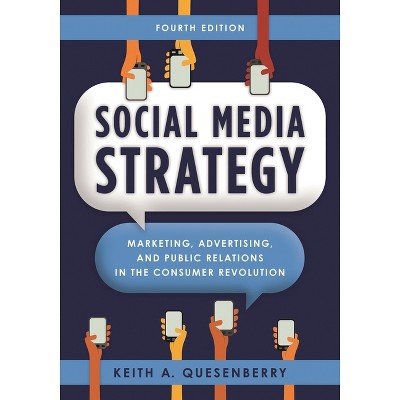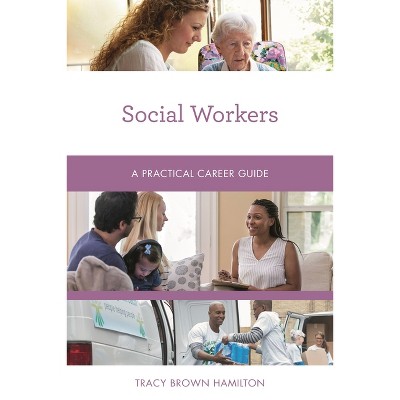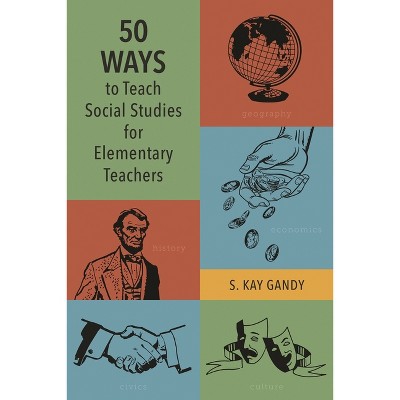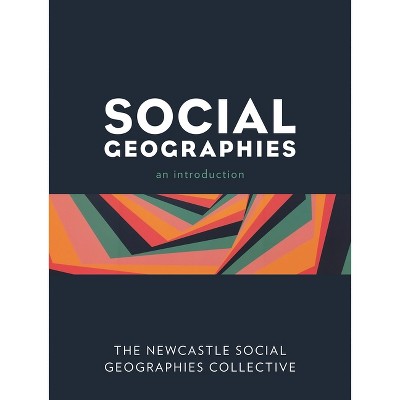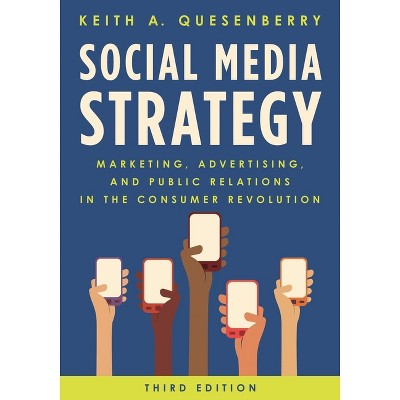Social Media Diet - by Jim Wasserman & Jiab Wasserman (Paperback)

About this item
Highlights
- As youth are first learning about both the outside world and form identities, the online world suggests answers that may or may not be right for them.
- About the Author: Jim Wasserman is a former business litigation attorney and, for over twenty years, media literacy, economics, and Humanities teacher.
- 206 Pages
- Education, Student Life & Student Affairs
Description
About the Book
As youth are first learning about both the outside world and form identities, the online world suggests answers that may or may not be right for them. Teachers and parents can help kids become aware of these forces that influence kids online. The Social Media Diet empowers you...Book Synopsis
As youth are first learning about both the outside world and form identities, the online world suggests answers that may or may not be right for them. Teachers and parents can help kids become aware of these forces that influence kids online. The Social Media Diet empowers youth to do the same for online messaging served to their minds.
Review Quotes
The Social Media Diet tackles the impact of social media on decision-making, a topic that resonates deeply with today's youth. By delving into the art and science of decision-making in relation to social media, this book equips young minds with the critical thinking skills necessary to make informed choices and develop healthy media habits.
"Media literacy is the most important skill and learning it should be fun. The fun of The Social Media Diet: Helping Young People to Be Smart Consumers Online is that it invites students to use themselves, their friends and families as research subjects as they become more media aware and literate."
The Social Media Diet provides a feast when it comes to examples of how media work to persuade us each and every day. This book gives teachers tools for teaching discernment, and students gain a peek behind the media curtain that often obscures their ability to distinguish fact from fiction and reality from narratives."
The Wassermans, authors of books on media literacy for K-12 education and advocates for gender, ethnic, and immigrant equity in the workplace and schools, offer background for a series of classroom discussions and activities that explore the social issues around using the internet to learn, teach, and thrive. After examining how technology changes daily lives, social rules, and personal safety and presentations, they introduce Google Trends as a way of examining online and offline idea trends, and explore issues such as security, open privacy, time allocation, and opportunity costs across age groups. Lessons caution young people to be aware when navigating the internet and stress skills such as avoiding distractions, generalizing from individual cases, finding help online, overcoming the fear of missing out, and using online resources for fact-checking. After a unit on online individual and family interactions, the Wassermans explore the role of influencers and parasocial relationships on social life and trends. They conclude that "the internet is a tool ... the real power is in the user." The book includes a glossary of terms to illuminate these ideas. Recommended. All readership levels.
About the Author
Jim Wasserman is a former business litigation attorney and, for over twenty years, media literacy, economics, and Humanities teacher. He has written extensively on education generally and media literacy specifically, including a three-book series on how to introduce media literacy to elementary, middle, and high school students.
Jiab Wasserman is a former industrial engineer and bank executive, becoming a vice president at Bank of America. Since retiring, she has become a trail blazer in advocating for gender, ethnic, and immigrant equity in the workplace and in education. She has written about the financial world and financial practices for several years and continues to be a regular contributor on the subject.





